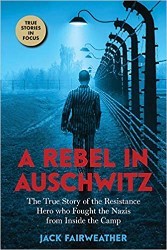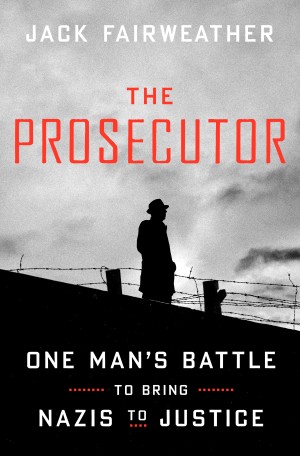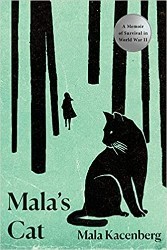This well-researched, detailed, and fascinating non-fiction work describes the heroic efforts of Witold Pilecki — a gentleman farmer, Polish cavalry officer, and underground operative and organizer. The book recounts how, beginning in 1940 until his escape in 1943, Pilecki voluntarily became an inmate in Auschwitz in order to gather intelligence about the camp’s expansion and its evolving horrific role as the central death camp for European Jews, Russian prisoners of war, and Polish political prisoners.
The Volunteer documents the significant risks Pilecki took when sending reports via various couriers about the occurrences in Auschwitz to the Polish underground and the Allied Command. Yet, much to his chagrin, when they first called for bombing the camp, the camp’s inmates were prepared to participate in an uprising only if a diversionary attack could be orchestrated from without. These requests were either repeatedly ignored or simply refused by the powers-that-be. All sorts of excuses, including military logistical problems, unwillingness to “distract” from the general war effort, concern that Polish independence remain on the world agenda, indifference on the part of the civilian public to “depressing news” of mass killings, and not wishing to “stir up” feelings of antisemitism frustrated Pilecki and his network’s efforts. The murderous brutality of war and persecution informs much of this book.
The personal complexities that beset Pilecki are summarized by Jack Fairweather:
”Witold disliked politics and the way politicians exploited differences…He was a man of his time and his social class. He likely held a paternal view toward the local Polish and Belarusian peasants and shared some of the prevailing anti-Semitic views. But ultimately his sense of patriotism extended to any group or ethnicity that took up Poland’s cause. They would all need to unite now to repel the Nazi threat…”
Despite the fact that the overwhelming majority of those who were killed at Auschwitz were Jews, this Christian individual did not allow his prejudice to get the best of him. He proceeded to display remarkable compassion for all victims and courage in trying to make others aware of the Auschwitz inmates’ dire plight. Fairweather contends that understanding Pilecki’s motives constitutes one of his major reasons for researching and writing this book.
Although Pilecki’s aspirations were thwarted in the end by bureaucracy and politics, his example and personal heroism are deeply thought-provoking and inspiring.




